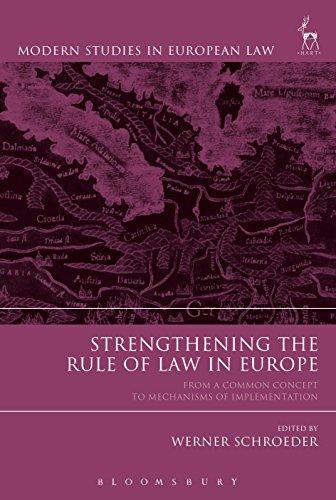Question
Snitch, an officer of Undergrowth Corporation, tells Gumst about fraudulent dealings going on within Undergrowth, and urges Gumst to investigate the matter. Gumst begins to
Snitch, an officer of Undergrowth Corporation, tells Gumst about fraudulent dealings going on within Undergrowth, and urges Gumst to investigate the matter. Gumst begins to investigate and he discovers wrongdoing. During the investigation, he mentions to his friend Jittery some of the facts he is uncovering in his investigation. Jittery, who owns some stock in Undergrowth, sells it immediately and thus avoids the huge downswing in share price that ensues when the results of Gumst's investigation are announced. Has Gumst engaged in insider trading?
No, because only the person who actually buys or sells the stock can commit insider trading.
No, because neither Snitch nor Gumst had any motive of personal gain.
No, because he was not an officer, director, or major shareholder of Undergrowth.
Yes.
Which case explored whether remote ''tippees''individuals who hear about the information from someone who clearly is an insider should be liable for insider trading.
United States v. O'Hagan
M. J. Haug v. United States
Chiarella v. United States
United States v. J. P. Joines
None of the above
In this case ___________________, the U.S. Supreme Court established the ''misappropriation'' theory of insider trading, which holds that a person commits fraud in connection with a securities transaction when that person misappropriates confidential information for securities trading purposes, in breach of a duty owed to the source of the information.
United States v. O'Hagan
M. J. Haug v. United States
Chiarella v. United States
United States v. J. P. Joines
None of the above
The_______________________ company is a company that has made less than one billion dollars in gross revenue during the previous fiscal year.
State security laws are often called _________________ laws.
Arvin, Inc. developed a new product so revolutionary that Arvin soon controlled 85 percent of the market. The Justice Department sued Arvin for violating the Sherman Act. Arvin's best defense would be
the rule of reason.
the thrust-upon defense.
conscious parallelism.
none of the above. This is a per se violation constituting monopolization.
Calvin's Corner Market, a national chain of grocery stores, was charged with price discrimination under the Robinson-Patman Act. Which of the following defenses may protect Calvin's from liability?
Calvin's was only meeting the price of its competition.
Calvin's charged lower prices because the merchandise was damaged.
The price differences were based on legitimate cost differentials.
All of the above are valid defenses under the Robinson-Patman Act.
None of the above are valid defenses under the Robinson-Patman Act.
(a) and (b) only.
(b) and (c) only.
Step by Step Solution
There are 3 Steps involved in it
Step: 1

Get Instant Access to Expert-Tailored Solutions
See step-by-step solutions with expert insights and AI powered tools for academic success
Step: 2

Step: 3

Ace Your Homework with AI
Get the answers you need in no time with our AI-driven, step-by-step assistance
Get Started


